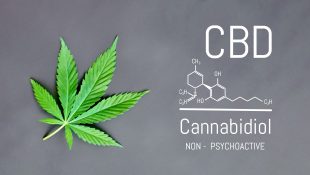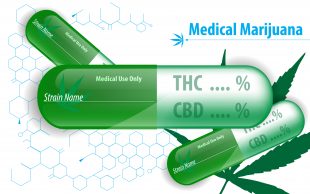Medical Marijuana

Note: Medical Marijuana-related visits are not covered by insurance.
In order to become a Medical Marijuana patient:
- Must have one of the following conditions: chronic pain, cancer, PTSD, amyotrophic lateral sclerosis (ALS), Parkinson’s disease, multiple sclerosis, AIDS, damage to the nervous tissue of the spinal cord with objective neurological indication of intractable spasticity, epilepsy, inflammatory bowel disease, neuropathy, or Huntington’s disease associated with severe or chronic pain, severe nausea, seizures, or severe or persistent muscle spasms.
- Must have medical records indicating the qualifying diagnosis, dated within the last 6 months.
- Must be a resident of New York State with a proof of residency such as a driver’s license or other Government-issued photo ID.
Consult NY State Department of Health web site to make sure your condition qualifies. You will have to ask your treating doctors to fax or mail us your recent treatment notes and test results confirming your condition.
Initial Visit: $250.00. Follow-up: $100.00 ($50 for Army veterans). Annual renewal: $150. Fees are collected at the time of visit. Insurance is not accepted for Medical Marijuana visits.
Medical Marijuana Facts:
Biphasic (two-phased) effect of Medical Marijuana
Low and high doses of the same Cannabis product sometimes may produce opposite effects. For example: small doses of Medical Marijuana tend to stimulate, while large doses can sedate.
Too much THC can increase anxiety and mood disorders in some patients. At the same time, CBD component of Medical Marijuana does not produce any known adverse effects. Paradoxically, higher dose of CBD may be less effective than lower dose of CBD.
General Recommendations
Begin with a low dose or a few even smaller doses of Medical Marijuana a day for several days. Observe the effects and adjust your dose if necessary. If you are pregnant or breastfeeding, or if you have history of substance abuse or mental illness, consult the doctor who is treating you for these conditions.
THC and CBD

Research shows that both THC and CBD components should be present in Medical Marijuana products in order for these products to be effective. THC can make you high, while CBD will not. In fact, CBD tends to counteract the psychoactive effects of THC. For example – THC may increase anxiety, while CBD helps to reduce it. THC may increase appetite, which may help cancer patients to maintain weight, while CBD could decrease appetite.
Both THC and CBD can interact with some other medications.
Remember that different Medical Cannabis products have various THC/CBD ratios. You will need to find a combination and administration route that works best for you. Both THC and CBD can be very effective for chronic pain and some other some health problems.
When it comes to chronic pain, Medical Cannabis is considered a much safer option than opioids.
We carry full spectrum organic CBD (Cannabidiol) tinctures, as well as CBD gummies and other Cannabidiol products. All CBD products we sell are certified by a third party laboratory.
CBD (Cannabidiol) oils and tinctures are NOT the same as Hemp Oil!
CBD (Cannabidiol) is made from flowers, leaves, and stalks. Hemp oil is made from the seeds. CBD content in Hemp oil is negligible and does not have any medicinal value.
Uses of CBD products:
- Chronic Pain relief
- Sleep problems
- Anti-seizure properties
- Calming and anti-anxiety properties, PTSD
- Helps fight cancer
- non-psychoactive
